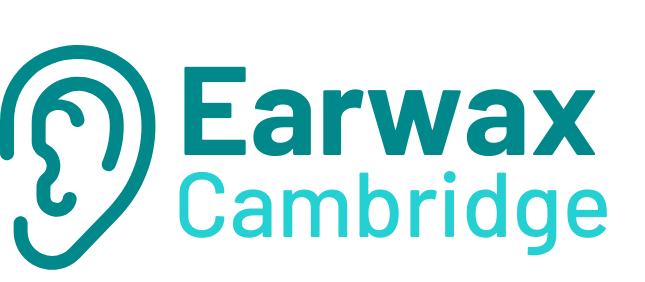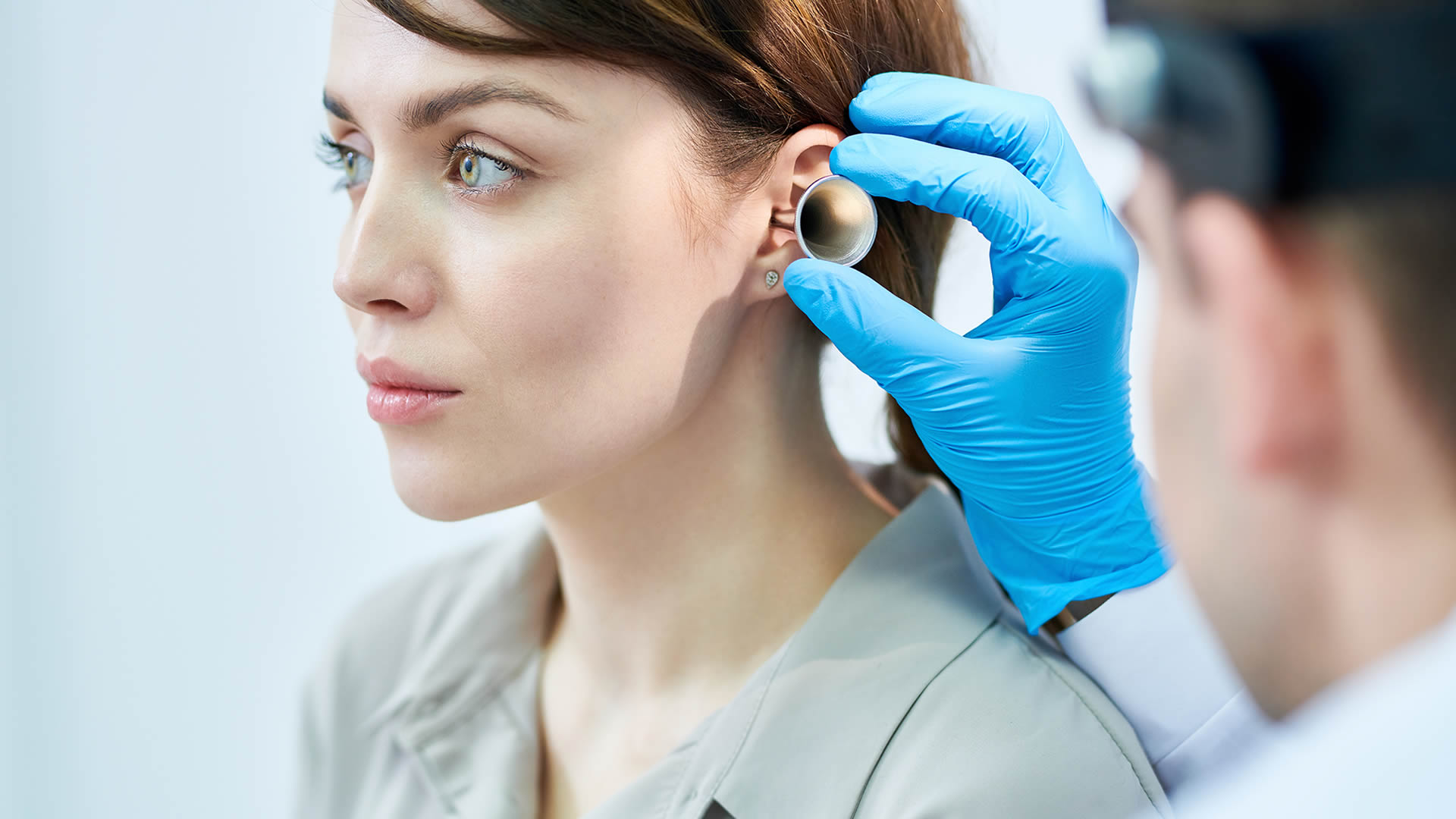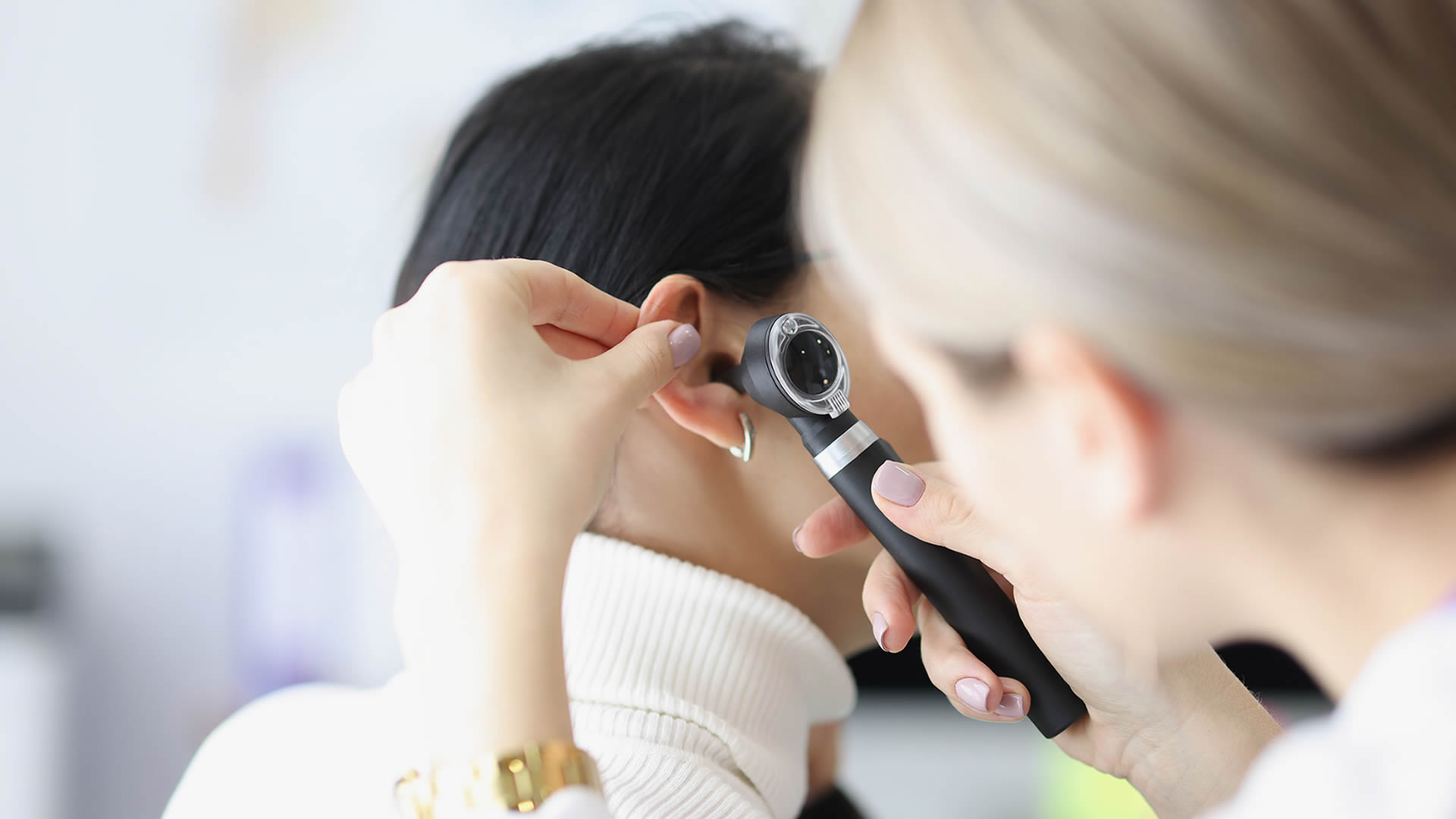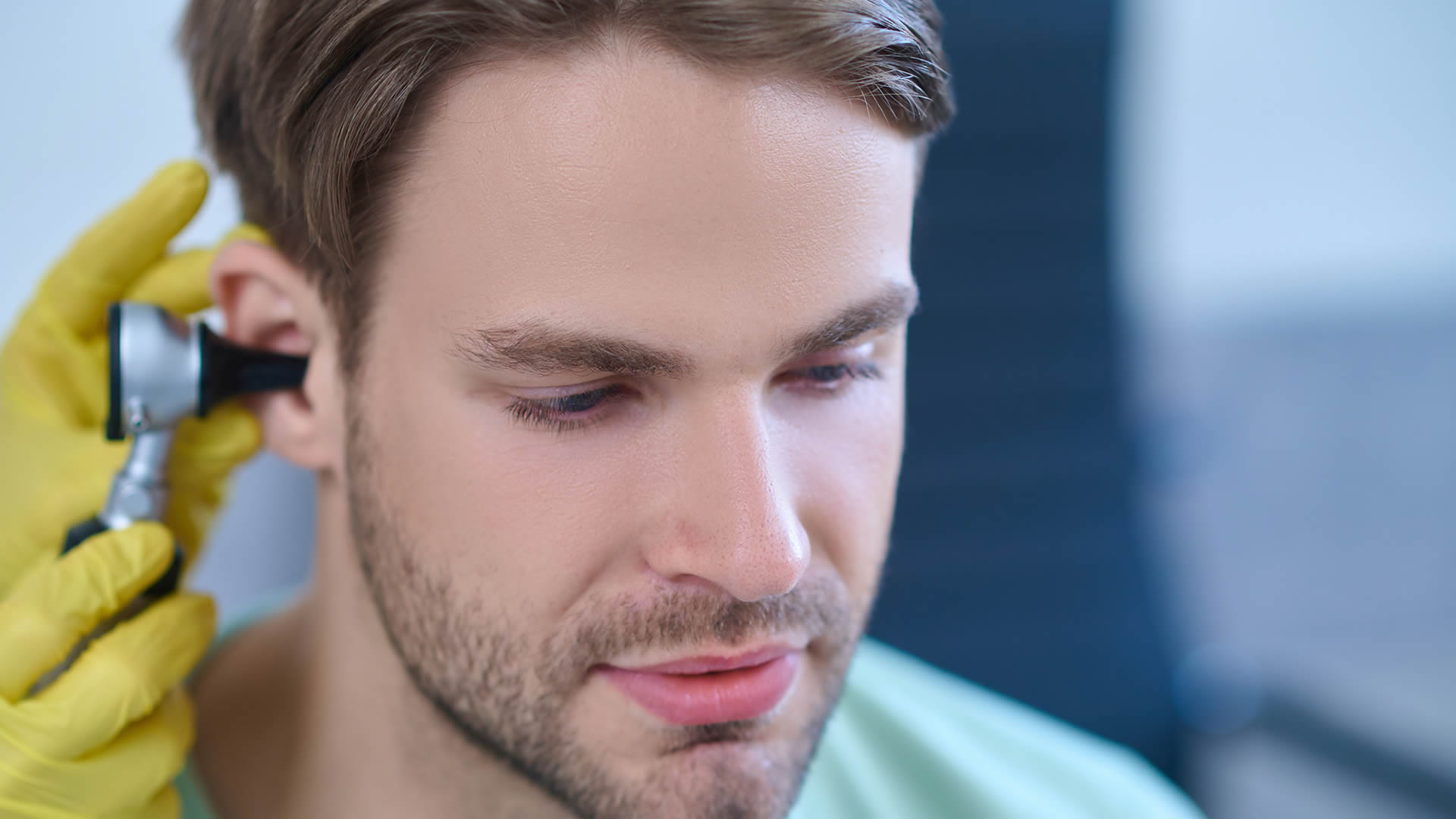A-Z guide to ear wax build-up
Ear wax build-up can occur when excess ear wax is not cleared naturally by the ear, causing a build-up of wax that can become hard or cause a range of symptoms. Learn everything you need to know about ear wax in this article.
Last Updated: 4th June 2024
Book Earwax Removal Appointment in Cambridge
- The Village Pharmacy, 2 High Street, Cambridge, CB215DH
What is ear wax?
Ear wax, also called cerumen, is produced by the special glands in the skin of the outer ear canal. In most cases, the earwax will make its way through the ear canal, reach the outer ear’s opening, and fall off. When the earwax doesn’t get cleared naturally then it becomes hard and impacted.
Why is ear wax made by our body?
You might be thinking why do we need ear wax? Earwax has several important functions in the body. It includes:
Protection – Ear wax acts as a barrier to protect the inner ear from dust, dirt and foreign particles that can irritate the ear or cause infections.
Lubrication – Ear wax acts as a lubricant in the ear, keeping the ear skin lubricated and moisturised. This prevents the ear skin from becoming dry and irritated. It also helps with maintaining the pH of the ear. The slightly acidic pH of earwax helps with preventing the growth and spread of injections.
Cleaning – As ear wax makes its way out of the ear, it takes with it any dirt or foreign particles. This acts as an efficient cleaning mechanism.
What are the causes of ear wax build-up?
There are a number of factors that can lead to excess production or build-up of ear wax. These include:
- Some people naturally produce a lot of earwax.
- Some people produce naturally hard and dry earwax.
- having narrow and hairy ear canals.
- As we get older, the earwax gets dry and hard.
- Bony growths in the ear canal.
- Pushing the earwax inside with cotton buds, ear plugs, hearing aids or any other objects.
Signs and symptoms of ear wax build-up
Earwax build-up or impaction can cause a wide range of symptoms. Some of the main symptoms include:
- A feeling of pain in the ear (earache)
- Hearing loss
- Ring sound in the ear (tinnitus)
- having a spinning sensation (vertigo)
- Irritation or itching in or around the ear
- Earwax build-up leading to an infection
If your symptoms get worse or persist, see your doctor for an examination and further investigation.
Over-the-counter treatments of ear wax
If you suffer from ear wax build-up, most people are recommended to try over-the-counter treatments first to see if your symptoms will resolve. Speak to a member of the pharmacy team for advice and recommendation of appropriate treatment for you.
Usually, olive oil ear drops are recommended as it gently softens the earwax and helps with the natural removal of ear wax from the ear.
If your ear wax build-up is not resolved by the olive oil ear drops then you might be able to get stronger ear drops with “Sodium Bicarbonate”. Check with the pharmacy team if this treatment is suitable for your age and ear condition.
Never try to insert a cotton bud or any other object inside your ear. This risks pushing the ear wax further in, irritating the ear canal skin and causing damage to the ear canal or eardrum.
If your ear wax build-up persists even after using the over-the-counter treatments, you might be able to get the ear wax removed through a professional service.
Professional ear wax removal methods
If you are looking for a professional ear wax removal service, you might want to find out about the common methods used for ear wax removal by professionals in clinics.
Microsuction – This procedure involves a trained professional using a gentle suction device to remove the ear wax whilst using a microscope to look inside the ear at the same time. This helps with targeting the earwax, requiring minimal contact with the rest of the ear canal. The procedure is also performed whilst the ear is dry, with the need to inject water into the ear.
Irrigation – Also known as syringing, this procedure is performed by fully trained professionals to remove ear wax by syringing warm water. The water dislodges ear wax and flushes the wax out of the ear canal. Although this procedure is used by professionals, some patients might experience discomfort.
If you have any ear conditions, perforated eardrums or had ear surgery, these procedures might not be suitable for you. Speak with your doctor if you have any concerns.
Microsuction ear wax removal in Cambridge
An increasing number of clinics are using the microsuction ear wax method as it is widely regarded as the safest and most efficient method of removing ear wax in clinics.
You can now book an appointment online with our clinic in Cambridge.




